
Many trauma survivors do not enjoy their life due to their daily struggles with memories in the aftermath. Wounded healers are no exception. More in this Portrait of a Psychiatrist.
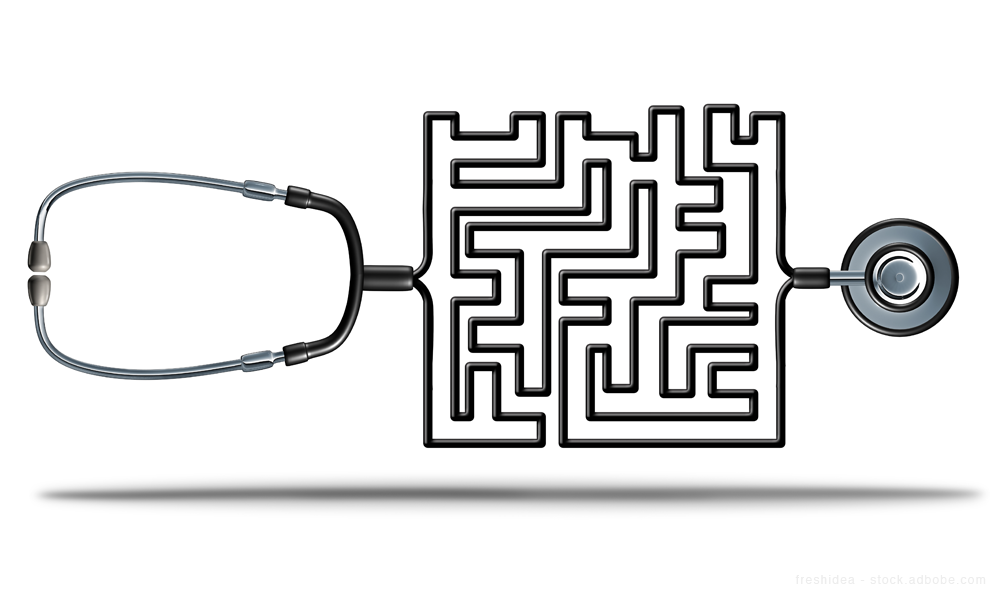

Many trauma survivors do not enjoy their life due to their daily struggles with memories in the aftermath. Wounded healers are no exception. More in this Portrait of a Psychiatrist.
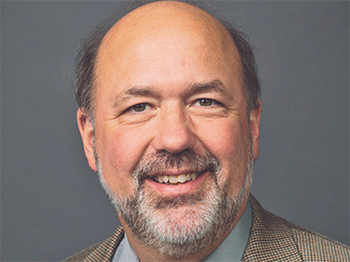
On behalf of the editorial staff, we are very pleased to welcome Dr John J. Miller as the new Editor in Chief of Psychiatric Times and Dr Scott L. Zeller who recently joined our Editorial Board.

A follow-up to a previous article about the ethics of euthanasia and assisted suicide.
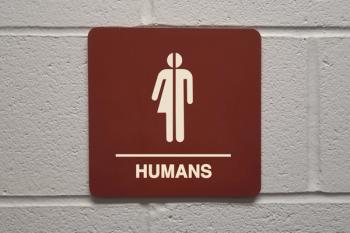
Truth be told, gender identity variations are not psychiatric disorders. That said, if you were there, what would you have done?

It is winter in America. Perhaps it is fitting, then, that we have a psychiatrist’s self-disclosure that might give you the chills.
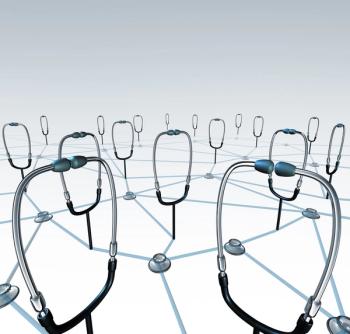
This Letter to the Editor is in response to the article published in Psychiatric Times, “Sorting Out the Antidepressant ‘Withdrawal’ Controversy,” by Ronald W. Pies, MD and David N. Osser, MD.

Our ability to speak freely regardless of role, training, or experience is one element that allows psychiatrists to discuss their fears and limits as clinicians.

Professionals in our fields are even more reluctant than the general public to seek mental health care because of stigma and negative career consequences. Here are 10 ways to address mental "unwellness."

Why do we, the experts in understanding the mind, have so much difficulty in addressing and improving our own mental health? Dr Moffic introduces our Portrait of a Psychiatrist series.

Focusing on concerning behaviors may better assist with prevention than sensationalizing individual perpetrators’ motives.

As we approach the end of the year, our collection of eulogies remind us of life's fragile nature.

Many of our patients are in distress, coping with “eco-anxiety” in ways that we have up to now not experienced.

“Even after the Pittsburgh shootings, our ability to empathize suggests otherwise,” writes Ronald W. Pies, MD, in a commentary regarding the nature and origin of hatred.

A chance encounter with a patient who had been slowly and painfully emerging from under the oppressive burden of a recent life-threatening illness and impairing mood symptoms changed everything for all parties involved.
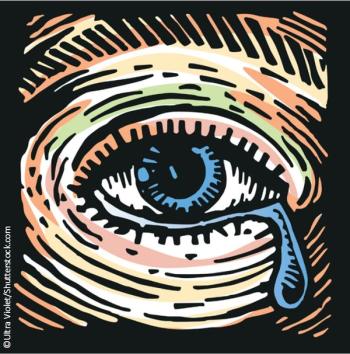
After 9/11, psychiatrists answered the call. Now, we are experiencing a strange time in our country.

In a week of high political stakes here in the United States, a fascinating controversy transpired in Reykjavik-with potential risks for clinicians and their patients.

More countries are “going neutral” on the issue of medical euthanasia and physician-assisted suicide.

This is not yet another philosophical discourse arguing against physician-assisted suicide. This piece is about life with dignity-even amidst its raw and ravaging agonies.

Many psychiatrists seem to feel that we lack the skill and knowledge to address social issues. What do you think?
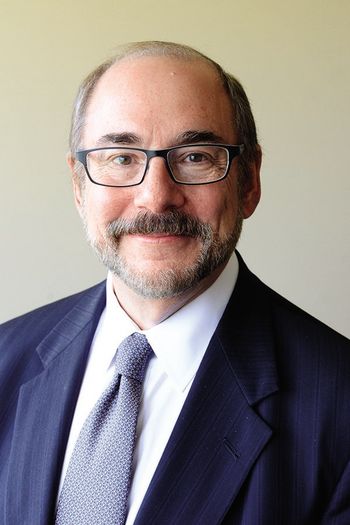
We listen carefully and use our empathic ability to both understand and provide support to our patients. This work is often at the heart of helping them become more reflective and gain the capacity to make adaptive changes in their internal realities.

"I walk back to her bedside and take her hand. I kiss her gently, hoping it won’t be the last. 'I’ll be back soon. You know I will always find you,'” writes the author in a personal account of life with her aging mother.

The typical trials of an teen working to understand sex and intimacy is compromised by an inappropriate power dynamic in this film, according to the authors.

The authors discuss two fundamental misconceptions: the myth of the patient’s autonomy, and the myth of the incurability of the patient’s illness.

In psychiatry, a “prosumer” is a mental health professional who has personally experienced mental illness. The prosumer can self-disclose that connection or not-Frederick Frese, PhD self-disclosed often, loudly, and clearly.

In this podcast, author Mark Lukach shares his experiences as the loved one of someone with new onset symptoms of mania, depression, suicidality, and psychosis.